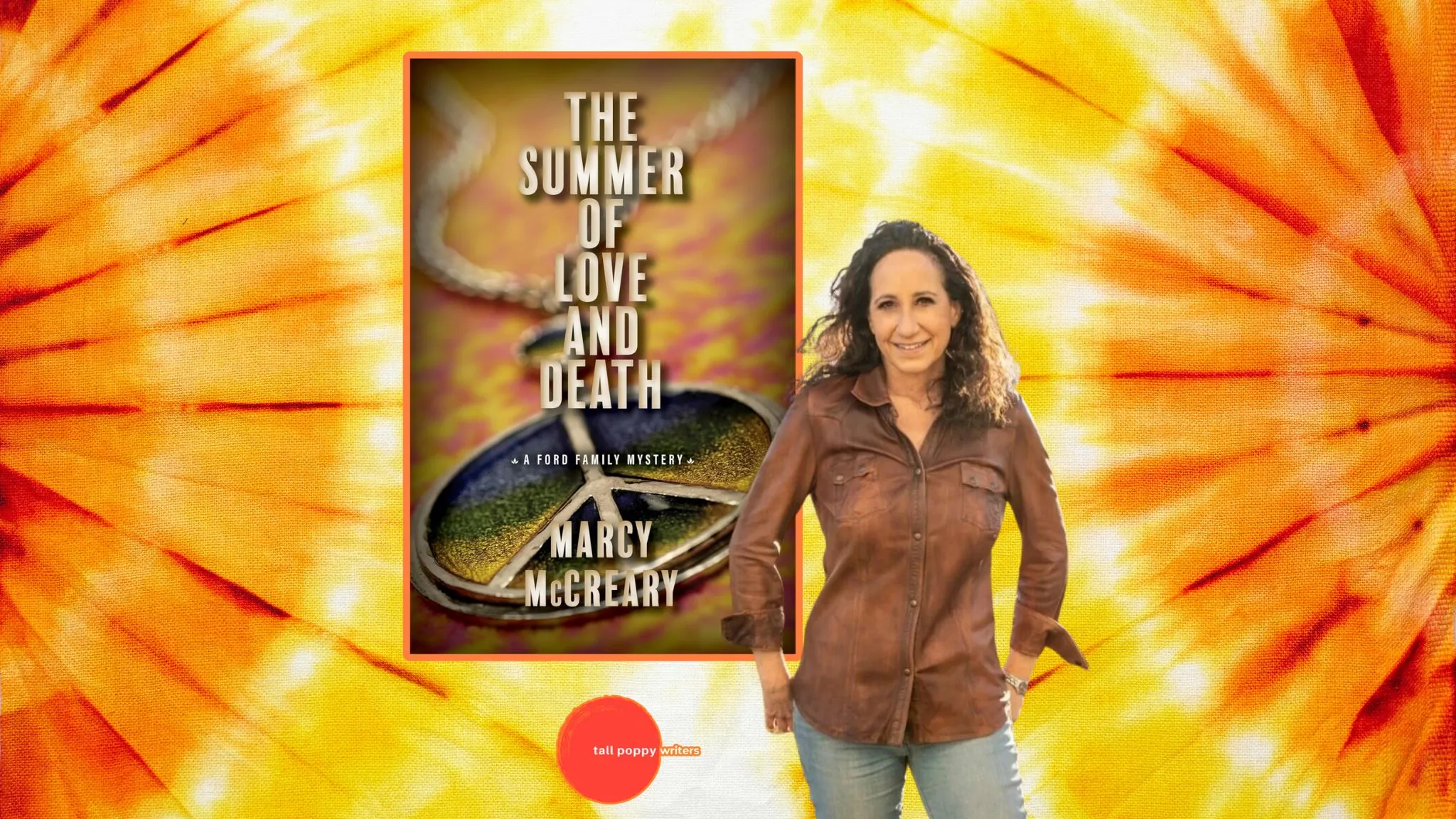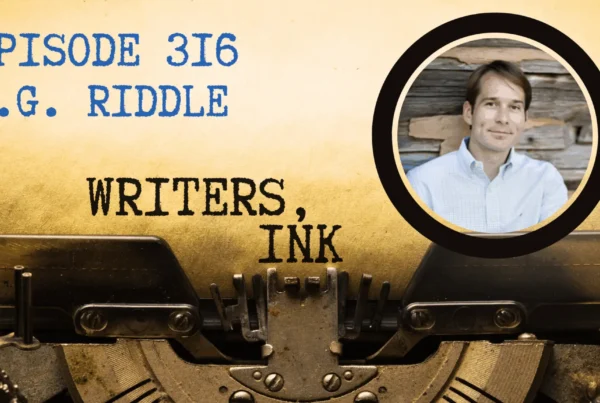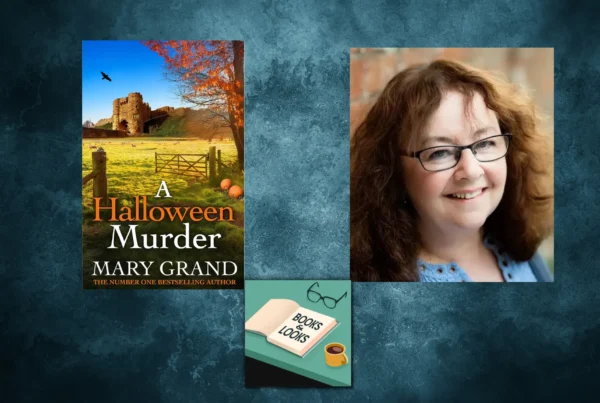As her husband battles Alzheimer’s, author Marcy McCreary faces down questions of mystery and memory in her fiction — and in real life.
In her latest novel, The Summer of Love and Death, Marcy McCreary takes us back to the summer of ’69, where a certain world-famous music festival rages with sex, groovy vibes and … murder.
The story brings back McCreary’s Detective Susan Ford to tackle a new mystery involving a dead actor at a small-town theater. When she describes the modern crime scene to her dad, a former detective himself, it sounds a little too familiar — in fact, it sounds exactly like an unsolved murder he’d worked on years ago at Woodstock. Together, father and daughter try to piece together how the long-ago crime relates to the more recent one.
McCreary is deft with her prose and the duo-detective dynamic. Then again, she’s used to tough puzzles. And teamwork. She and her husband, fellow author Lew McCreary, have been taking on one of life’s toughest quagmires, together, for more than 4 years.
You’ve been outspoken about your husband’s battle with Alzheimer’s Disease, and I think that’s done a lot to help others who are facing similar challenges. How are you both faring now?
Thank you for asking. It’s been a long road, and Lew is now in Memory Care. His world was shrinking, and it’s easy for the caregiver to get sucked into that small world, which was not beneficial to either of us, physically and mentally. He is content there and enjoys the specialized engagement and enrichment programs. There are lovely walking paths and gardens, so he can roam outside freely. I love sitting out in the garden or in the sunroom and reading to him (he can no longer read, write or converse). And the food is fabulous! But most importantly, he is safe.
Lew is an author, too, right?
Yes, he wrote literary fiction and crime fiction. His first novel, Mount’s Mistake, follows a peculiar young man, J. Fielding Mount, whose adventures take him to Coney Island, where he is killed by the elephant he trained. His second novel, The Minus Man, was lauded by Anne Rice as “brilliant … a challenging, disturbing and deeply memorable novel.” And his last novel, The 13th Step, is a work of literary crime fiction that explores how unrelenting grief can drive us to do things we never thought imaginable.
A marriage of authors! In your latest book, The Summer of Love and Death, you seamlessly integrated two things: a murder mystery (fascinating on its own) and one of the most famous events in American history. Why Woodstock?
In the summer of 1969, I was 6 years old. My mom took us to the Catskills Game Farm on Friday, August 15, and we got stuck in that infamous traffic jam. That was my personal connection to Woodstock.
I’ve always been fascinated by its cultural significance and legacy … and also how it held promise and hope in a year that was far from peaceful. Woodstock was the antithesis of the violence occurring that summer: The clashes with police at the Stonewall Inn, a gay bar in New York City; the murder of a waitress by the California Zodiac Killer; the drowning death of Mary Jo Kopechne at Chappaquiddick; the Charles Manson murders; and the soldiers who were killed in the Vietnam War. This juxtaposition of “love” and “death” played out in the back of my mind as I sat down to write the novel.
The Summer of Love and Death has such a complex plot and clever resolution … Do you know “whodunit” before you begin, or do you figure it out as you go?
I do, but I’m not married to the resolution. I don’t outline, so I have no idea where the story is going to go, and I have to be flexible. I write every character as though they could be the perp, so that if the ending I envisioned doesn’t work out, I have wiggle room to pick a different character to be the bad guy. That happened in my first novel, The Disappearance of Trudy Solomon. And I also surprised myself with a different ending for The Summer of Love and Death. It’s during subsequent drafts that I can layer in additional clues and red herrings to support the new ending.
Congratulations on all you’ve managed to accomplish, and all you continue to accomplish, on both a professional and personal level. Do you have any advice for other caregivers who have a loved one with Alzheimer’s?
Do not feel like you have to go it alone. Join a caregiver support group! Find resources in your local area and through the Alzheimer’s Association and Hilarity for Charity (HFC). Work with an elder lawyer to update your will, durable power of attorney, and health care proxy. Talk to an elder law estate planner (who can work with your financial advisor) to devise a plan for long-term care based on your financial situation.
Try and stay one or two steps ahead of the progression. Learn about each stage of the disease and plan for it. Know your options so when a crisis occurs (e.g. fall, elopement, agitation, nursing care beyond your ability), you know what to do and what resources to tap.




